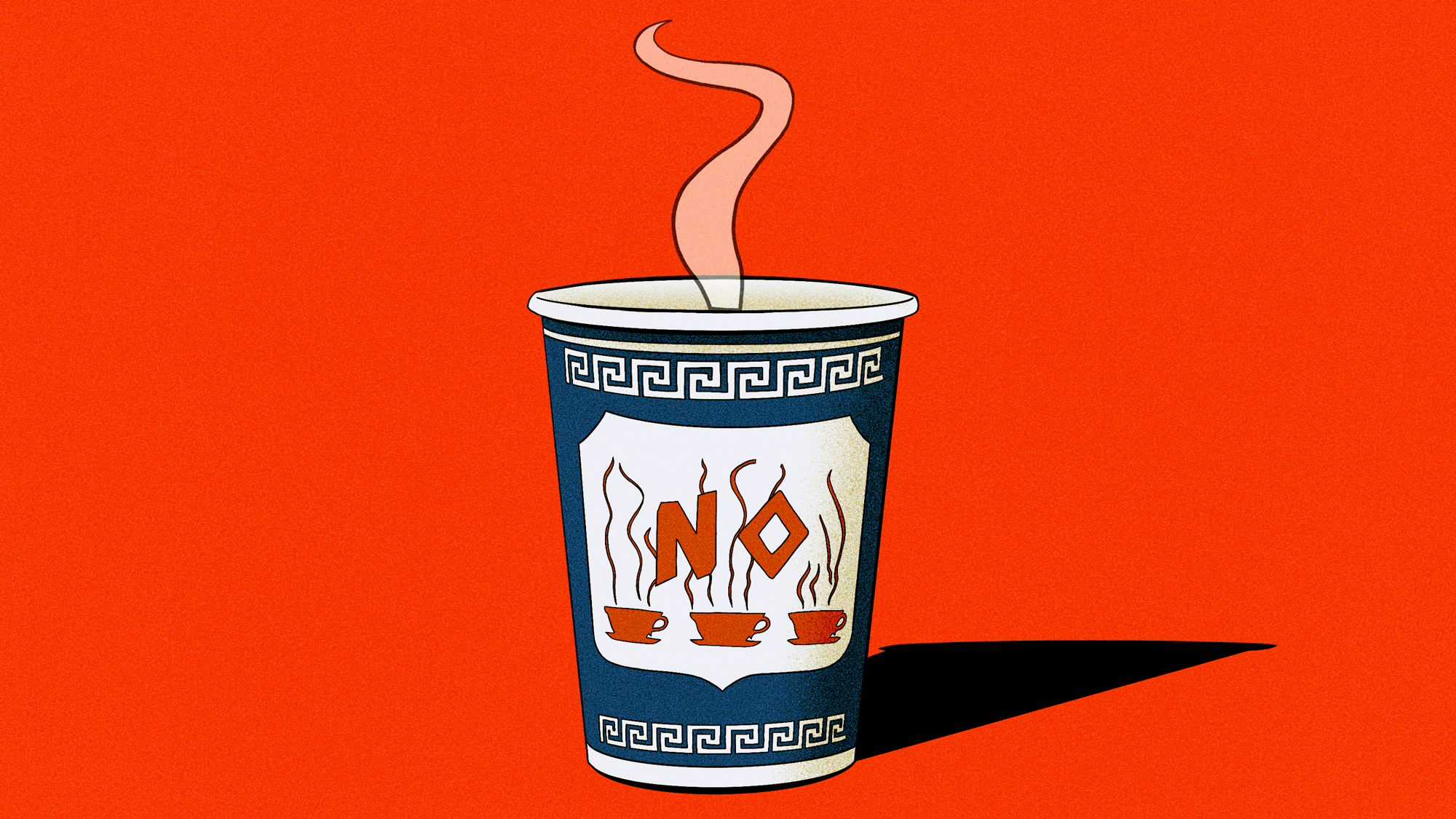
My Journey: Kicking Coffee to the Curb After 15 Years

For a long time, I felt like I needed something every day – a little crutch to lean on. Sometimes it was a cigarette (which I've thankfully quit!), or a glass of wine after work. But the one constant, the thing I truly believed I couldn't live without, was coffee. From the age of 15, I started my day with at least two cups. But when I decided to really commit to a healthier lifestyle, I knew I had to face my caffeine dependency head-on. Letting go of the belief that I couldn’t function without it was the first, and hardest, step.
Now, six weeks into this caffeine-free life, I'm so glad I made the choice, but it wasn't a walk in the park. It was more like a hike up a steep, rocky mountain!
The Caffeine Culture Trap
Since I started working at 15, coffee became deeply embedded in my daily routine. My first office job practically encouraged it! Team meetings, morning arrivals, even casual chats – everything involved a cup of joe. Sound familiar? Are you also wondering if you should consider cutting back on caffeine, or even quitting altogether?
Here’s a secret: I'm writing this completely caffeine-free – no lattes, no energy drinks, not even a sneaky chocolate-covered espresso bean! Something I genuinely thought was impossible just a short while ago.
The journey wasn't easy, especially coming from a culture where coffee is synonymous with family time. But this change has given me a new perspective, and it’s revealed that it is indeed possible to run on your body's natural energy. Caffeine consumption doesn’t have to be an inevitability.

Decoding Caffeine Withdrawal: What to Expect
This journey wasn't all sunshine and rainbows. If you're a regular caffeine consumer – whether it's coffee, energy drinks, or tea – and you suddenly stop, you're likely to experience caffeine withdrawal. Trust me, I know! But remember that the empowering feeling of conquering the day through good sleep, hydration, and exercise is worth the temporary discomfort.
Caffeine withdrawal might seem minor, but it can significantly impact your well-being. According to Heather Viola, an internal medicine physician at Mount Sinai in New York City, symptoms typically start within 12 to 24 hours after your last fix. I spoke with Dr. Viola about my initial experiences, and she validated that it was very real!
Common symptoms include fatigue, irritability, mood swings, and difficulty concentrating. Not fun, especially when you have responsibilities. For some, it can even feel like the flu, with nausea, muscle pain, and sleep disturbances.
I unfortunately experienced the latter. I was sluggish for about a week, and a nap was all I wanted. Surprisingly, I woke up multiple times throughout the night, despite expecting my sleep to improve.
The good news is that it doesn't last forever! Dr. Viola says symptoms usually peak within one to two days and can last up to nine days. Fatigue and moodiness might linger a bit longer for some.
Coffee vs. Energy Drinks: Which is Harder to Quit?
For fellow coffee lovers, I have some potentially bad news. Dr. Viola warns that "weaning off coffee may be more challenging than switching from lower-dose beverages due to the intensity and ritual of coffee consumption."
Since coffee generally contains more caffeine per serving, she suggests gradually reducing your intake rather than going cold turkey. If you find yourself mindlessly reaching for the coffee pot throughout the day, a detox might be just what you need.
The Surprising Benefits of a Caffeine Detox
Around the third week of being caffeine-free, I felt an incredible sense of empowerment. Limiting beliefs I’d had for a decade seemed like a joke! Was I jealous seeing people sip iced coffee? Sure. But proving to myself that I could function, and even thrive, without it was too good to give up.
There are many benefits to ditching caffeine. Dr. Viola mentioned "better sleep quality, more stable energy levels, lower blood pressure, and fewer GI issues." She also noted "reduced anxiety, improved mood stability, and clearer mental focus – after the initial adjustment period." Plus, you might feel a sense of accomplishment from breaking free from a perceived crutch.
Giving up coffee and energy drinks doesn't mean boring drinks! I turned to juicing for vitamins and nutrients. Ginger and lemon shots became my new "pick-me-up," and celery and orange juice made mornings less daunting.
My caffeine detox resulted in fewer energy crashes, less stress, increased productivity, whiter teeth, and no more worrying about coffee breath! (That last one is a personal win.)
I'm not saying caffeine is inherently evil, but relying on it can cause problems... and get expensive!
Initially, I planned on rewarding myself with a delicious coffee after six weeks. But now, the thought of going back to that dependency is unappealing. It feels like taking a step back. Though, I do sometimes still crave it and maybe quitting overnight was the culprit.
Dr. Viola suggests reducing caffeine intake by 25% each week, which is a less intimidating approach. If you're aware of your caffeine dependency and considering cutting back, you're already on the right path!
Have you ever considered giving up coffee? What are your experiences with caffeine withdrawal? Share your thoughts in the comments below!
```